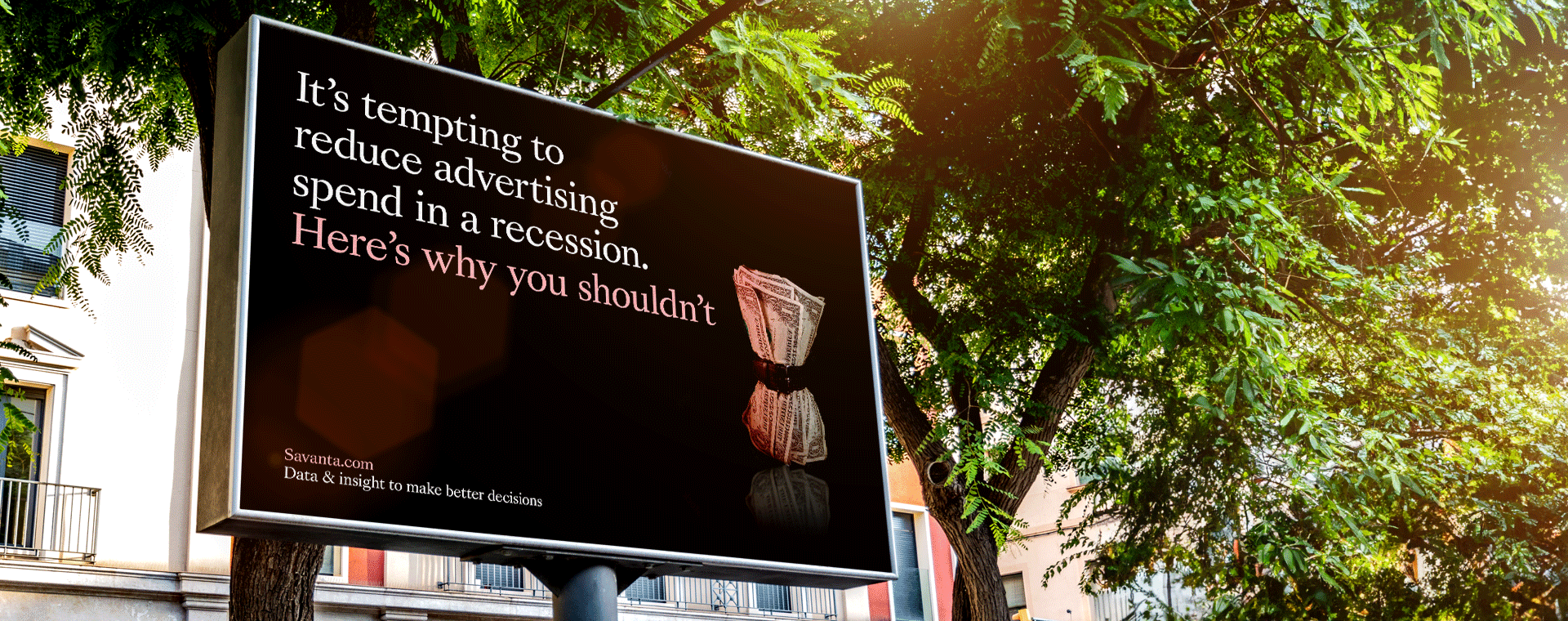
Our latest research discusses what North American adults will - and won’t - be willing to give up over the next 12 months in the fight against climate change.
Millennials are more likely to make changes to their diets over the next 12 months.
Around two-thirds (60% in the US, 77% in Canada) say they’re willing to forego single-use plastics, more than half (52% in the US, 68% in Canada) will stop using standard non-energy-efficient lightbulbs, and a similar number (56% in the US, 67% in Canada) will stop buying cleaning products that contain toxic chemicals.
When it comes to our diets, however, the data tells a different story: only around a third (27% in the US and 34% in Canada) are willing to stop buying food that isn’t grown or raised in their own country – and only a quarter (23% US, 25% Canada) are willing to give up meat.
In addition, only one in six (16% US, 18% Canada) say they’ll give up dairy products.
The data suggests dietary changes are where younger consumers take the lead and older generations are less willing to compromise: 27% of Generation Z (aged 18-24) in the US and 37% in Canada are willing to give up meat over the next year. They are also more likely to give up dairy as well (24% and 31%, respectively).
Millennials are also more likely to make changes to their diets over the next 12 months: 28% in the US and 29% in Canada would give up meat, while 22% in both countries would forego dairy products.
The findings come from our brand new Eco-Index 2021 report which analyzes the views of 4,000 adults across North America on climate change and sustainability.
It also asked which categories they would be most willing to modify their purchasing choices to become more environmentally-friendly. Buying home appliances such as microwaves and refrigerators came top of the list in both countries (35% of US and 36% of Canadian adults would be willing to compromise), with eating out in second place (33% US, 35% Canada).
Overall, 53% of US adults and 63% in Canada consider themselves to be ‘environmentally-friendly’ when taking in the full range of sustainability factors such as recycling, conserving energy, being carbon neutral and travelling less by plane.
Baby Boomers feel they are most environmentally responsible, 59% in the US and 71% in Canada feel they’re doing everything they can, compared to only 52% of Generation Z in the US and 42% in Canada.
Jeremy Mullin, Vice President, Public Affairs at Savanta, comments: “Many experts are calling for major lifestyle changes in order to fight climate change, but it seems the majority of adults in the US and Canada are only willing to go so far. They’re willing to use eco-friendly lightbulbs or refrigerators, but getting them to commit to cutting out meat and dairy products is a far greater challenge.
“The shift to an eco-friendlier lifestyle is set to continue over the coming year and brands are already releasing ranges of new products and services to meet that demand. It will be interesting to see to what extent eco-conscious food and drink options are able to succeed.”
To learn more about how brands can better communicate with generations on sustainability, click here to access our Americas Eco Index 2021 report, and here to download the UK version.





